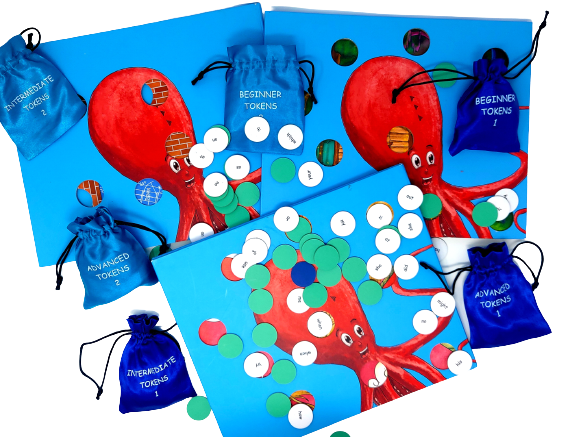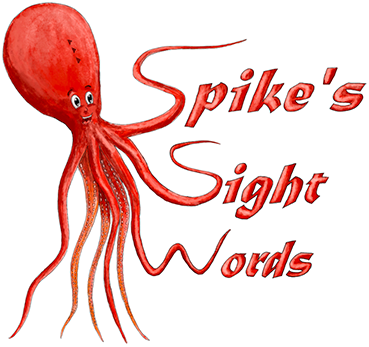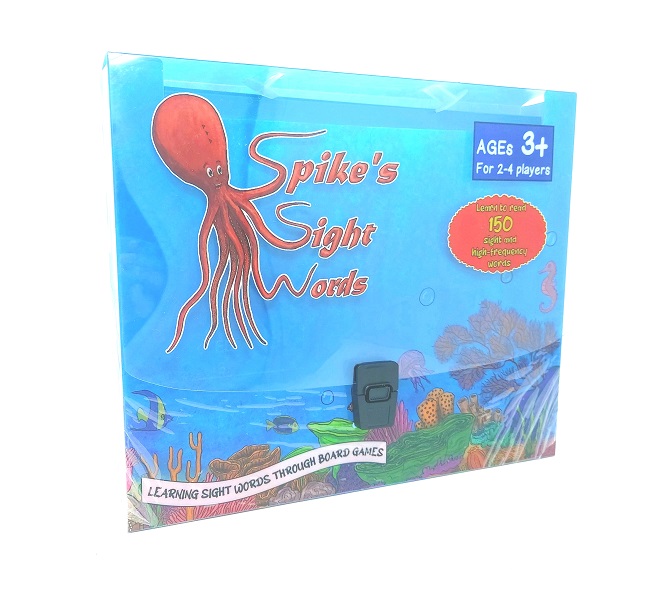
Views often differ according to the study from which they are derived. Academic research indicates that dyslexia is more common in boys than in girls, but there is also some data that suggests the frequency is similar for both genders.
Studies conducted in the 1970s and again in the 1990s seemed to suggest that school-age boys are more likely than girls to display dyslexia-style literacy differences and to be referred for diagnosis at a higher rate. However, more research on the topic seems to suggest that the percentage of boys and girls who have dyslexia ranges from equal to approximately 65%–35%. Therefore, it depends on who you question and what kind of research they are using. Research sources vary in their results, however there is evidence that suggests there are subtle behavioral differences between the brains of males and girls with dyslexia. Academic studies about school-age individuals who identify as non-binary and have dyslexia and their diagnosis don’t seem to be available right now.

There is a significant discrepancy in diagnosis rates between boys and girls. In the US and the UK, a greater percentage of girls with dyslexia went undiagnosed than there were boys since, until a few years ago, much more boys than girls overall were referred for testing and screening. It’s wonderful to hear that more women and girls than ever before are being referred for dyslexia testing. Screening is frequently the first step toward gaining access to the tools and support required for success.
The slightly less positive news is that a significant percentage of these recommendations come from women who are 21 years of age or older, which means that they have spent the majority of their academic careers without a diagnosis or assistance with reading.
While there are many benefits to receiving a diagnosis at any age, the majority of dyslexia specialists agree that interventions should be implemented in the early phases of a person’s educational journey. This implies that many women who have dyslexia may not receive the support they need throughout their entire academic career.



